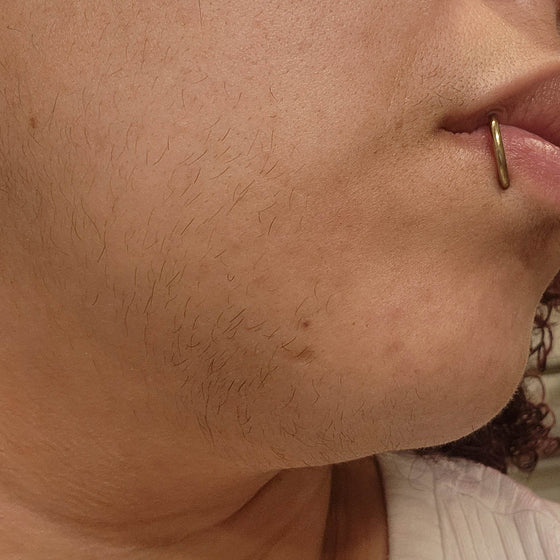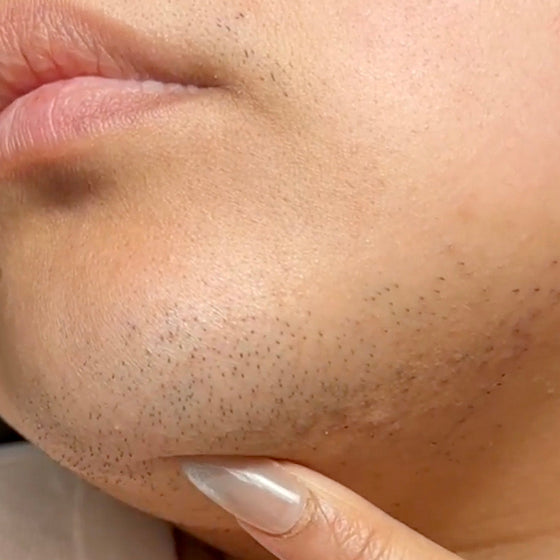From food to diet and even uncontrollable environmental factors; it feels like virtually everything can trigger cancer. If you're curious if laser hair removal can cause cancer – specifically skin cancer, then keep reading.
Firstly, being hyperaware of what you put in your body and on your skin is something to be proud of. We decided to answer a few common questions relating to whether laser hair removal is dangerous and if laser hair removal side effects exist. Not what you're here for? Just scroll to the end to find out if you can get cancer from laser hair removal.
Can Laser Hair Removal Damage Reproductive Organs?
Thankfully, no it cannot. Laser hair removal whether it's in a clinic or at home IPL laser hair removal cannot damage your reproductive organs. The myth suggests the radiation that is emitted from the laser will absorb through to affect the organs and internal cellular structure. However, any dermatologist will tell you it's impossible for this type of technology to penetrate your internal organs to cause damage.
In fact, Mitchell Schwartz MD, a Dermatologic Surgeon, confirms that the way in which Laser Hair Removal works means that deeper penetration into the reproductive system (or any organs) simply is not possible. In short: no, laser hair removal can't damage reproductive organs. Laser hair removal also cannot cause cysts for the same reason.
Can Laser Hair Removal Impact Fertility?
No laser hair removal of any kind (at home or in a clinic) cannot cause infertility or even slightly damage your fertility.
Elizabeth Hale, a dermatologist and clinical associate professor of New York School of Medicine Dermatology says: “The way Laser Hair Removal works is by targeting pigment in a hair follicle…They work on pigment and have no bearing on fertility.”
If you are pregnant, medical professionals advise against laser hair removal treatments. This isn't because there's evidence to suggest it will harm you or your baby, but in fact it's advice to encourage being extra safe.
Can Laser Hair Removal Cause Alopecia?
Alopecia occurs when the immune system attacks hair follicles and may be brought on by severe stress. It's considered to be caused by an abnormality in the immune system, not technology from intense pulsed light. Laser hair removal treatments will cause eventual hair loss in targeted areas but it is a controlled form of hair removal. Alopecia however is a medical condition that causes baldness in random areas, therefore laser hair removal will not cause alopecia.
Can Laser Hair Removal Cause Skin Cancer?
A frequently asked question is whether laser hair removal can cause cancer, specifically skin cancer. The answer is no. Although laser hair removal uses light energy, it doesn't include any UV light. UV light is so powerful that it can damage the genetic material inside our cells and this is what happens when you're exposed to too much sun. However, the intense pulsed light in laser hair removal is designed to target the hair follicles – if it included UV light the technology would not help you achieve hair loss.
In short: there is no risk that this technology could damage the genetic material in your cells, so having less hair removal treatments at home or in a clinic will not increase the risk of cancer or skin cancer even if you have lots of moles or freckles.
Still have a few questions or concerns? You can checkout our FAQ here, or alternatively get in touch with us here.






